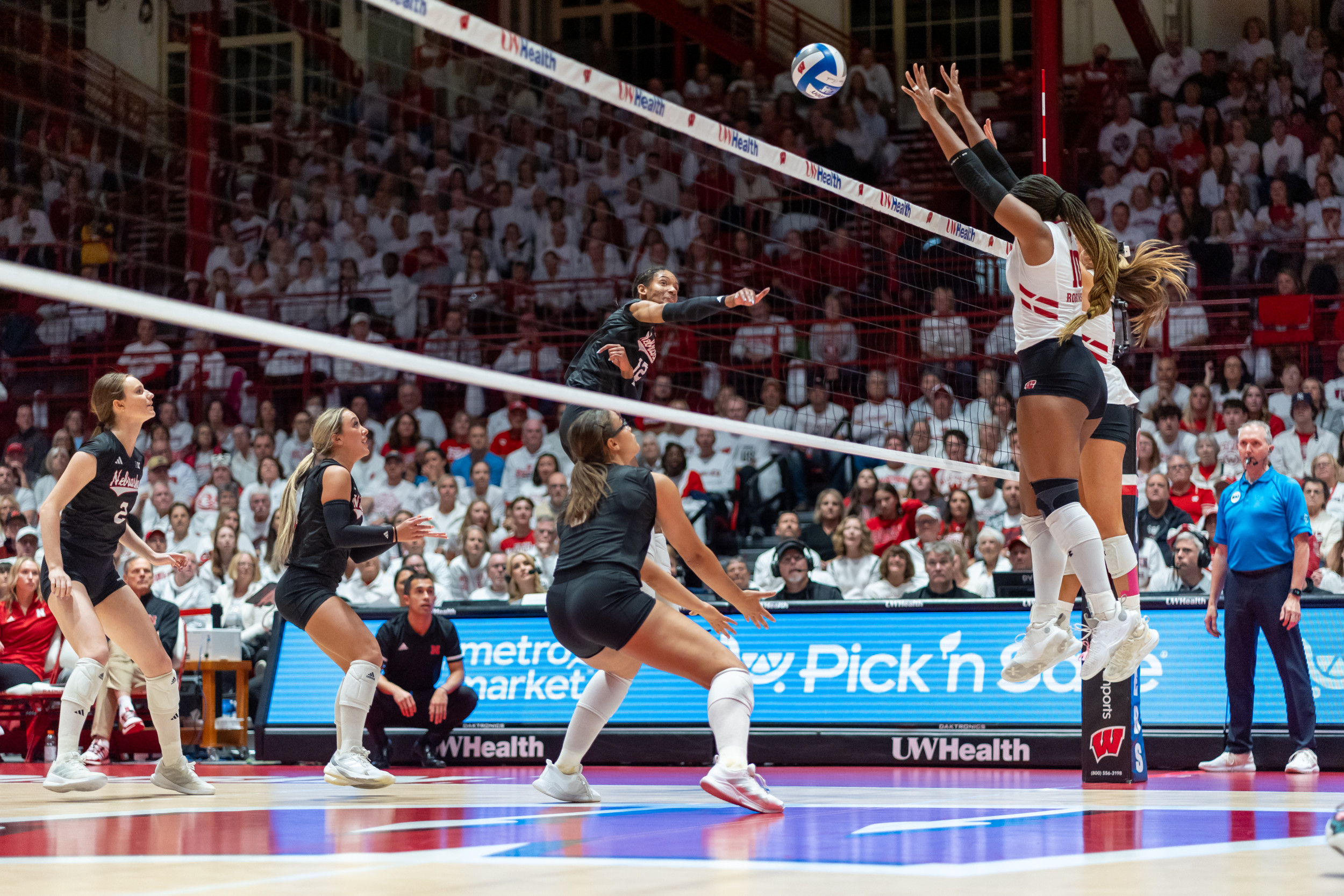U.S. Navy Admiral Samuel Paparo recently issued a number of warnings about China and North Korea during an appearance at a security forum, including a major concern about how Russia might help Beijing cut U.S. naval dominance.
"I expect Russia to provide submarine technology to the PRC that has the potential of closing American undersea dominance over the PRC," Paparo, who leads the U.S. Indo-Pacific Command (INDOPACOM), said during a Saturday appearance at the Halifax International Security Forum.
He also suggested that Russia could extend that assistance to North Korea, providing submarine technology as well as missiles to Pyongyang.
China remains the top "pacing challenge" for the Pentagon, meaning that of all rivals the U.S. monitors, China has managed to close the gap in power far more easily than any other has.
Earlier this week, Paparo described the Indo-Pacific theater as the "most stressing theater" due to the quantity and quality of munitions required to counter China.
"The closer we get to it, the less relevant that date is," he said, referring to the much discussed and speculated invasion of Taiwan, which China has spent years preparing to execute. "We must be ready today, tomorrow, next month, next year, and onwards."
"The way one controls for unintended escalation is by enhancing one's understanding of the strategic environment or of the tactical environment," Paparo added, noting that "playing chicken on the high seas...does not keep me up at night," according to Air & Space Forces Magazine.
Newsweek has reached out to the Pentagon, INDOPACOM, and the Chinese and Russian foreign ministries by email on Saturday afternoon for comment.

Mark Montgomery, a retired rear-admiral and Center on Cyber and Technology Innovation (CCTI) senior director and senior fellow at the Foundation for Defense of Democracy (FDD), told Newsweek via phone on Saturday that Russia's submarines have several advantageous technological capabilities—primarily, the quieting technology, which makes detection difficult.
"There's submarine quieting technology, some of their submarine Combat Systems Technology, our second best in the world, or third best, if you include the UK. But behind the United States, there is a significant delta between Russian and Chinese submarine technology," Montgomery said.
He noted that while it seems a gamble for Russia to empower China's submarines, understanding that it could remove some future leverage between the two nations when it comes to military power, "this bothers the United States most."
"Ask it this way: Would Putin be comfortable doing something that he knows will really piss off the United States? My answer is yes. He's very mad at us now. He thinks we should follow the big country/little country model and back off and not help Ukraine," Montgomery said.
He added: "I say it's a calculated risk: I'm going to sacrifice a little of my leverage over China in the future...in terms of military leverage, or leverage in terms of something I can trade them in the future that I now have to deal with now. I'm going to sacrifice some leverage to get the support I need to maintain the upper hand against Ukraine in the West in that contest."
Paparo's comments on Saturday address this additional problem the U.S. has highlighted over the past few years—namely, the increasing cooperation between China and Russia as a means of counteracting U.S. influence and military power in the international security landscape.
Prior to Russia's invasion of Ukraine in February 2022, China agreed to purchase around 100 million tons of coal for the "coming years," ensuring an economic lifeline for Russia as it got slammed by sanctions on everything from its economy to its energy trade.
That landmark deal precipitated further economic cooperation, with the two world powers doubling down on their commitment to the Shanghai Cooperation Organization (SCO), which Beijing organized and led, and the BRICS economic bloc.
BRICS—formed between Brazil, Russia, India, China, and South Africa—looked to expand its membership by inviting nations such as Iran, Egypt, the United Arab Emirates and Saudi Arabia.
Analysts view the BRICS summit as a strategic move by Moscow to strengthen ties with the Global South amid escalating tensions with the West.




















 English (US) ·
English (US) ·